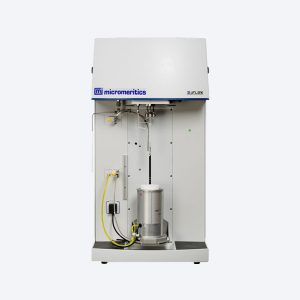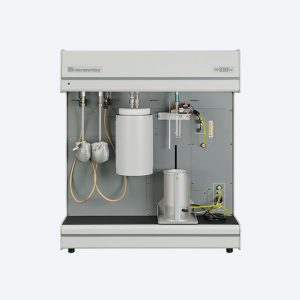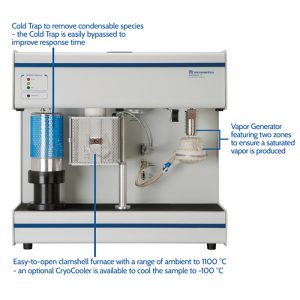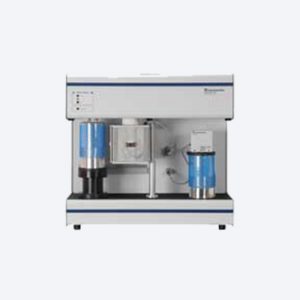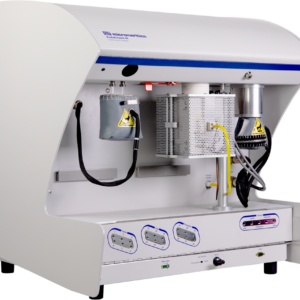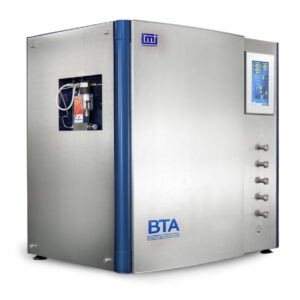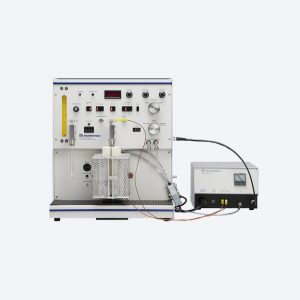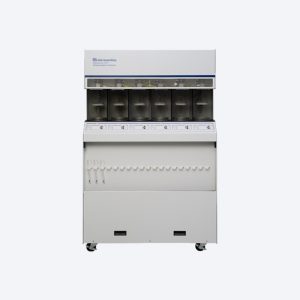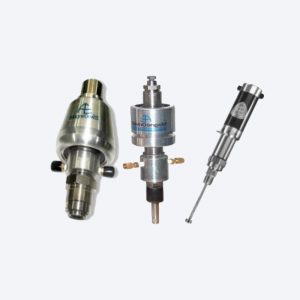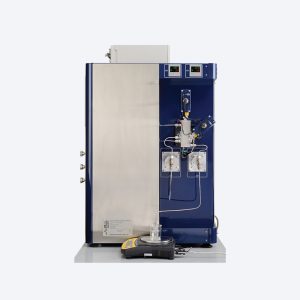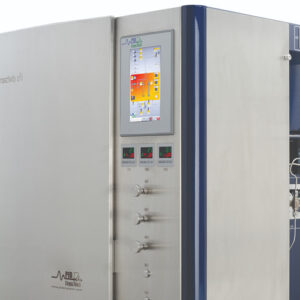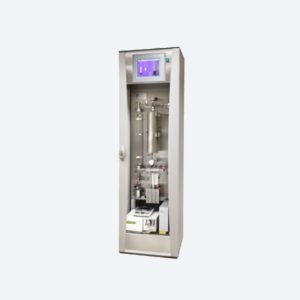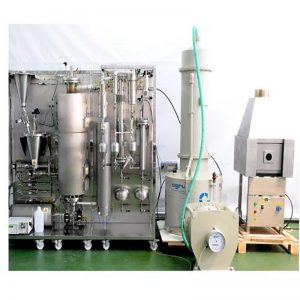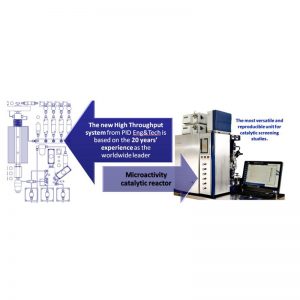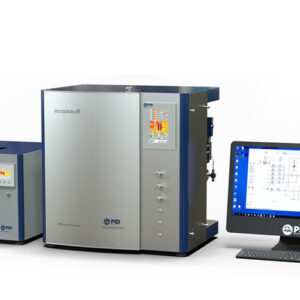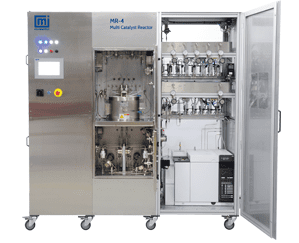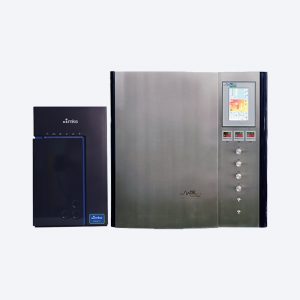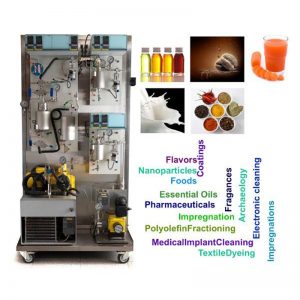Catalyst Characterization, Development and Commercialization
From core properties to pilot scale studies
Progress in heterogeneous catalysis lies at the heart of efforts towards more sustainable chemical processing. Heterogeneous catalysts ease the downstream separation of products/unreacted reagents, giving rise to simpler, less energy-intensive processes. Designed for stability they can typically be regenerated multiple times to deliver high performance over a prolonged lifetime. Boosting reactivity and selectivity to the levels associated with homogeneous catalysis is a long-term goal with increasingly more sophisticated synthesis techniques supporting its attainment. Advanced analytical tools facilitate the optimal deployment of these techniques.
Micromeritics was founded on gas adsorption technology for catalyst characterization and today offers an unsurpassed portfolio of solutions for the development and commercialization of heterogeneous catalysts that extends to systems for:
- Zeta potential measurement – to optimize the colloidal dispersions used in the preparation of nanoscaled catalysts.
- Physisorption – to characterize specific surface area and porosity. These parameters define the total amount of exposed surface area per unit mass of catalyst and provide insight as to the ease with which molecules of different geometries can access an active site.
- Chemisorption – to determine the number of active sites under specific conditions, a defining parameter and to quantify:
- Active surface area
- Metal dispersion (the ratio of the number of active metal atoms to the total amount of metal in the catalyst)
- Percent metal (the quantity of active metal per unit mass of catalyst, including support)
- The size of active particles or crystallites (where these have regular geometry).
- Advanced screening studies – to perform detailed assessments of catalyst performance under representative conditions, with minimal quantities of catalyst. These systems reliably determine parameters such as turn over frequency (TOF), which is defined as reaction rate divided by the number of active sites, for the robust comparison of alternative catalysts for a specific application. Systems for in situ catalyst characterization allow the detailed investigation of deactivation under highly representative conditions, with no risk of exposing spent catalyst to uncontrolled conditions.
- Pilot scale studies – to test catalyst performance at the scale required to minimize the risks associated with commercialization. Customized units allow users to, for example, extensively investigate catalyst lifetime and regeneration, the effect of recycling, and generate robust heat and mass balances for commercial plant design.
These systems are complemented by a comprehensive toolkit for detailed powder characterization.
Engineered with precision, each individual system offers unrivalled capabilities and state-of-the-art experimental control. Used together they allow researchers to progress efficiently from detailed investigation of the mechanisms of catalytic behaviour, through representative screening, to generating data for scale-up and commercialization.

